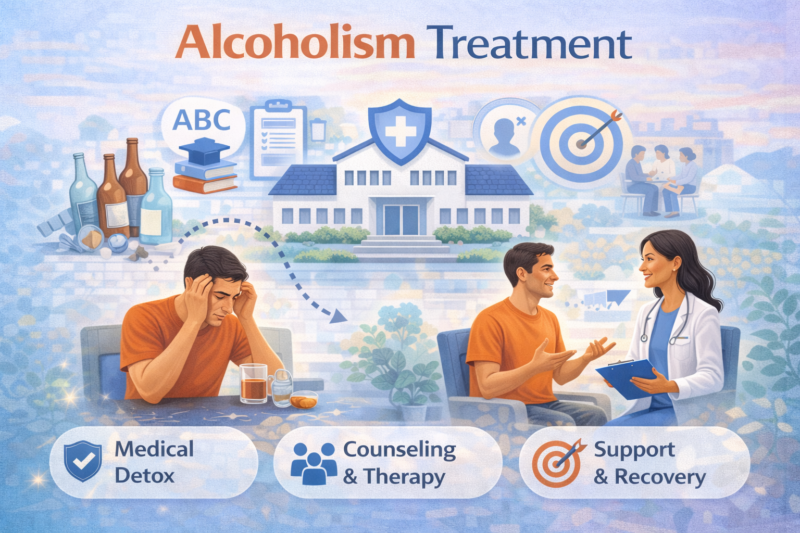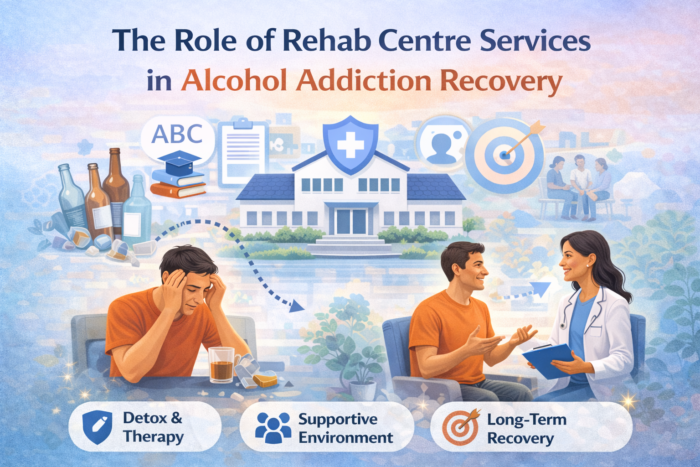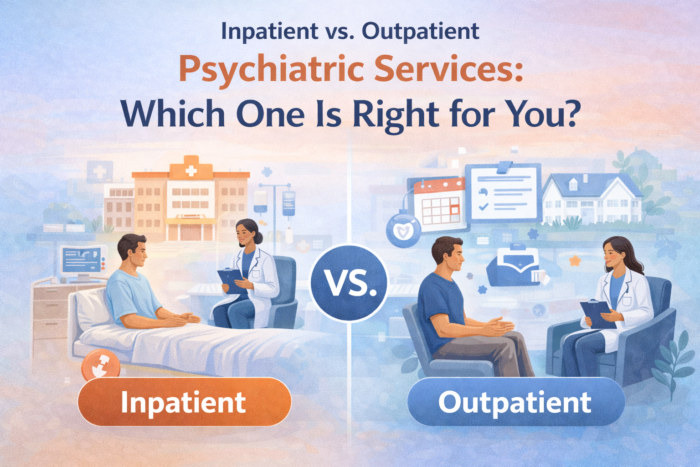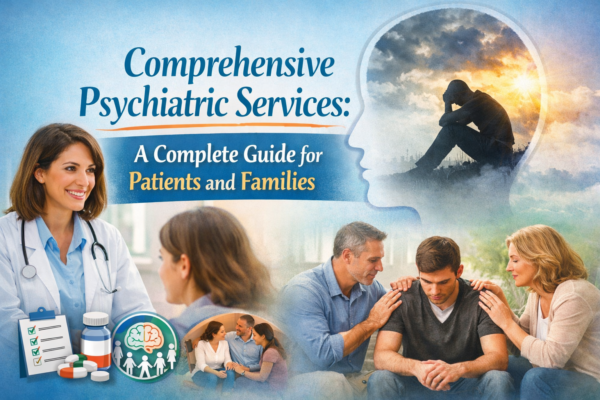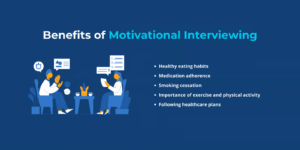
Mental health and addiction treatment have proven all these years to necessitate more than pharmacological interventions. They need empathy, motivation, and understanding of human behavior. That is why at New Soch Rehab and Psychiatrist Center Islamabad—a reputed drug rehabilitation center in Lahore, Pakistan—motivational interviewing has developed into a key approach to help patients find purpose, regain confidence in themselves, and invest in long-term sobriety.
Understanding Motivational Interviewing (MI)
Motivational Interviewing grows out of the reflective listening approach to counseling and is designed to help individuals work through their ambivalence toward change. Rather than confronting or directing clients, the therapist elicits from the person their intrinsic motivations for recovery.
Founded by William R. Miller and Stephen Rollnick, MI flows out of empathy, collaboration, and respect for autonomy. The approach recognizes that deep transformation can only take place when a person desires change—and not under compulsion.
Core Principles of Motivational Interviewing
- Collaboration describes the alliance that MI builds between counselor and client, getting rid of judgment to replace it with partnership.
- Evocation draws out the individual’s own motivations rather than external goals imposed upon them.
- Autonomy describes maintaining a client’s right to make their own choices, thereby fostering self-responsibility.
Designed from compassion, this framework becomes extremely powerful inside rooms combating addiction since resistance and denial are the two major roadblocks that need to be overcome.
The Psychology Behind Motivation and Change
Motivational interviewing fundamentally falls within the rubric of behavioral psychology and self-determination theory. As the client is elicited to bring forward reasons for change, MI heightens intrinsic motivation, reducing psychological resistance. The net result is sustainable transformation over time and relapse prevention.
The Connection Between Addiction and Mental Health
Substance use in a vacuum is very rare. Most of the people presenting at New Soch Rehab and Psychiatrist Center Islamabad have co-morbid conditions running along with it. The most common conditions are depression, anxiety, PTSD, and bipolar disorder.
Treatment of both these issues simultaneously is termed dual diagnosis treatment and this is what matters for recovery in the long run. Here, MI becomes important by assisting clients to understand the connection between their feelings and actions.
Why Addiction Often Overlaps with Mental Health Disorders
Addictive behaviors are copings of emotional pains and traumas. In the absence of professional intervention, the cycle of dependency perpetuates and intensifies mental distress. MI creates awareness for clients on such links so that they can break cycles of harmful habits by instituting healthy coping mechanisms.
Motivational Interviewing in Addiction Treatment
At New Soch Rehab, motivational interviewing forms the bulk of initial treatment phases through open-ended questions, affirmations, reflective listening, and summarizing (OARS) that help create conversation and trust between the client and counselor.
E.g., rather than saying, “Why don’t you stop using?”, the MI counselor could ask, “What are some things you like about your present behavior, and what are some things you don’t like?” This small change begins to elicit self-reflective consciousness rather than eliciting defensiveness.
Case Studies and Real-Life Applications
Patients at New Soch Rehab have seen their lives change with the MI-based intervention. From patients who have come out of the dependency on opioids to patients who have mended relations after years of alcoholic abuse, hope and accountability are instituted through MI.
Building Trust and Empathy Through MI
Empathy sits at the heart of MI. “We try to understand, not judge, what our clients are going through,” says one counselor at New Soch. This reduces feelings of shame increases self-efficacy, and makes the bond more therapeutic—all for recovery!
Role of Motivational Interviewing at New Soch Rehab and Psychiatrist Center Islamabad
The motivational interviewing team comprises certified psychiatrists, psychologists, and therapists at New Soch Rehab. The MI care plan is integrated with Cognitive Behavioral Therapy and mindfulness treatment for the effective addressing of addiction as well as mental health problems.
Holistic Healing Through Combined Therapies
Merging MI with evidence-based practices like CBT and DBT gives a holistic emotional and psychological approach. Holistic modeling fosters resilience and self-awareness—relapse prevention is birthed when its seed is planted here.
Family Involvement in MI Sessions
At New Soch Rehab, family members are welcomed to join therapy sessions. MI aids the revival of communication, minimizing conflict, and creating a web of emotional support that helps keep recovery going.
The Science of Permanent Change – Why MI Works
Scientific studies have so far confirmed that, in MI, reward and decision systems of the brains are activated so that clients can internalize reasons for change. In this regard, sobriety does not become an imposition—it becomes a self-motivated goal.
Beating Resistance and Denial
Through love conversations, therapists help clients work out resistance, denial, and ambivalence. This builds commitment on stronger grounds that can even lead to better treatment adherence.
Comparing MI with Other Counseling Techniques
It is accurate to say that whereas cognitive-behavioral-based approaches work at the level of content or structure of thought, motivational interviewing works predominantly at the level of emotional willingness and internal motivation. It can appropriately be placed under pre-therapy techniques before the main behavioral intervention is implemented.
When to Use MI in Clinical Settings
Motivational interviewing is otherwise best in any situation where a client feels ambivalent about change or is manifesting resistance. Early recovery work and relapse prevention work are two such situations.
FAQs About Motivational Interviewing and Addiction Recovery
1. What makes motivational interviewing different from traditional counseling?
Motivational Interviewing is not based on confrontation or direction. It is based on empathy and eliciting self-motivation.
2. Can MI be used alongside medication-assisted treatment (MAT)?
Yes, MI goes hand-in-hand with MAT by fostering patient engagement and compliance.
3. How long does MI take to show results?
Progress varies but in most cases, patients themselves report a noticeable shift in motivation within a few weeks.
4. Is MI suitable for all addiction types?
Yes, MI applies to all forms of addiction be it alcohol, drugs, gambling, or behavioral addictions.
5. Does MI help families?
Yes, because it eventually builds back the trust of the family and supports the patient on his recovery journey.
6. Why choose New Soch Rehab for motivational interviewing?
Our center combines compassionate care, scientific methods, and personalized therapy under expert supervision.
Care, Science, and personalized therapy under the supervision of experts
New Soch Rehab and Psychiatrist Center Islamabad understand motivational interviewing not just as a counseling technique but as an approach based on empathy, respect, and empowerment.Motivational Interviewing emphasizes respect for the individual and their capacity for change. As a renowned drug rehabilitation center in Lahore, Pakistan we realize that true recovery begins when patients rediscover within themselves their reasons for getting better.


